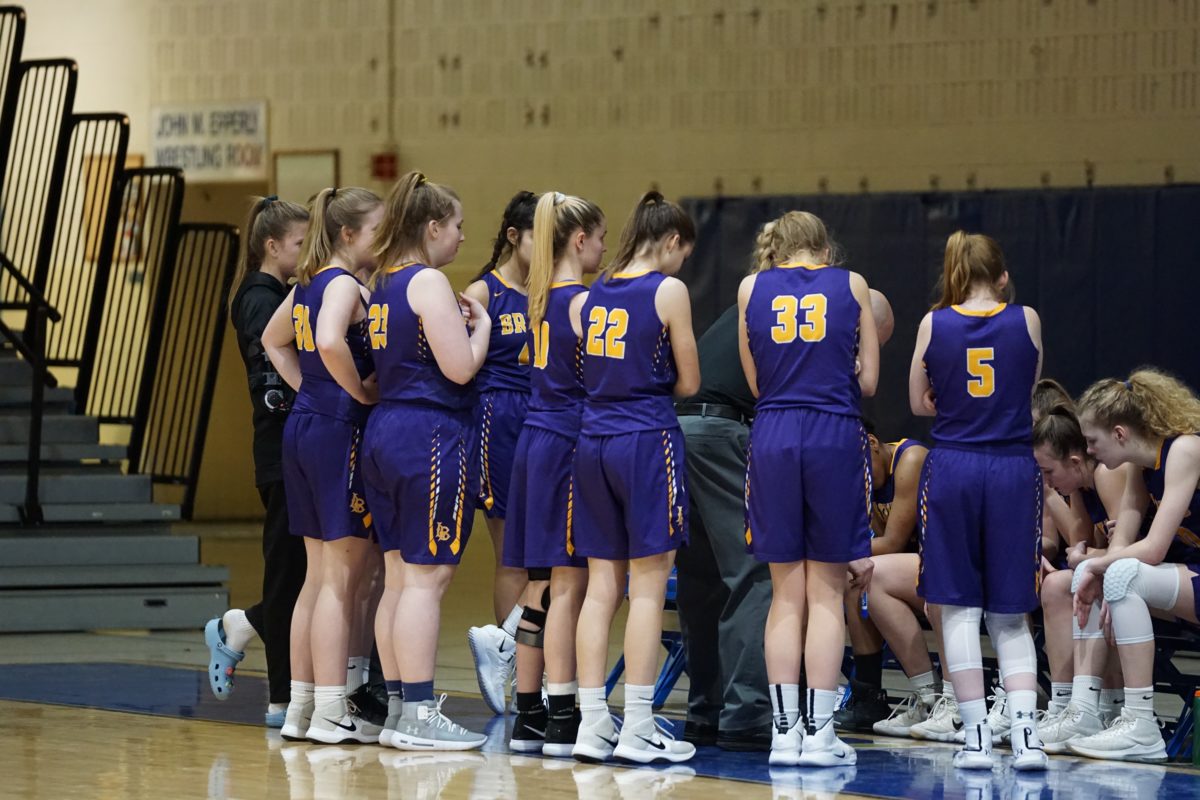This month has been dominated by numbers – polls, seat counts, demographics and so on. As someone who’s spent most of his life thinking about data and evaluation, this has been interesting to follow. Early next year, we’ll begin publishing our own numbers – the results of our study on forecasting, the indicative evidence of the impact of our social workers in schools programme, a re-analysis of dozens of randomised trials conducted by our colleagues at the Education Endowment Foundation – and many more.
I believe numbers are important, and useful, because they can help us to understand what’s happening in the world around us; to try and make sense of complexity; and even to help us find our way through the dark.
But it’s worth remembering that numbers aren’t the only way to do this. On two visits this month, to Bolton and to Walsall, this has been driven home in my conversations with some of the people involved in projects that we’re supporting.
In Bolton, I got to speak with schools’ designated safeguarding leads about their experiences being supervised by a social worker from the local authority, to help them manage the risk that they’re holding. The results of the evaluation of the programme, which is being conducted by the National Institute for Economic and Social Research, won’t be ready until 2020, but the lived experience of the programme for some of the designated safeguarding leads I spoke to was positive, with one describing the experience as ‘life changing’. Of course, this wasn’t a representative sample, or rigorous research in any way, but it was heartwarming to hear.
Meanwhile in Walsall, I spoke to people involved in our randomised controlled trial of Schwartz Rounds, an intervention that we’re testing in 11 local authorities. The Schwartz Rounds meetings are designed to provide time for reflection and a shared support for people’s experiences, helping to improve resilience, and they’ve been tested rigorously in other fields before. The experience has been positive for people in Walsall, as they’ve written about for our blog before, and it’s really heartening to speak to people on the ground. I was also lucky enough to be at Walsall’s Children’s Services Celebration, and to hear tales of the individuals and teams whose colleagues nominated them to receive awards.
In the last couple of weeks, I’ve also met with our stakeholder advisory group, and with our young advisors, to talk about our research priorities for the future. This is part of a broader consultation that we’re working through, to help shape what we do next. Every conversation I had has helped shape my view on what we should do next – and raised more questions which we can include in the evaluations we are designing.
I’m not about to turn my back on numbers – I know that the conversations I’ve had are subject to selection biases, and that my emotional response to something isn’t a good indicator of its effectiveness. However, they have underlined the importance to me that high quality, rigorous analysis of numerical data has to be supplemented by an understanding of the story behind those numbers – and I’m hoping that this is what you’ll see when we publish our findings in early 2020.

